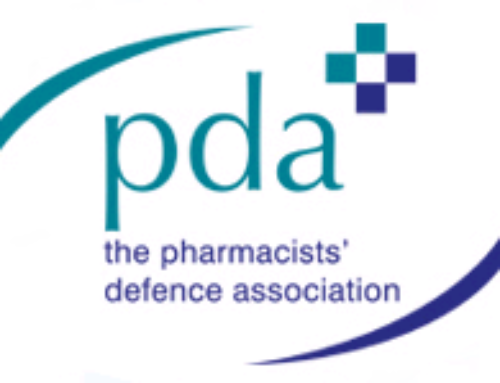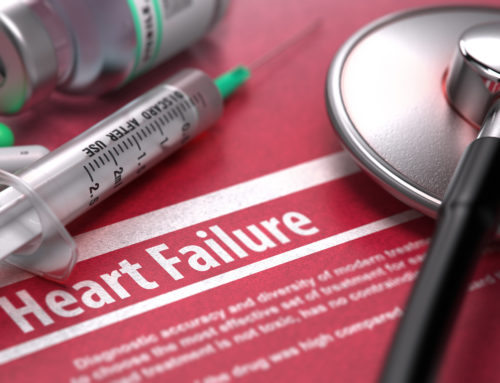Patient safety remains the prime consideration in proposed changes to doctors’ training, the BMA has said, following publication of the latest Shape of Training report.
The association has cautiously welcomed the findings of the UK Shape of Training Steering Group, which has published its recommendations on Sir David Greenaway’s original study.
BMA Junior Doctors Committee Chair, Jeeves Wijesuriya, said that the report’s pragmatic approach was encouraging, but insisted that doctors would become no less vigilant in their fight to protect the interests of patients.
He said, ‘We welcome a pragmatic approach from today’s report from the UK Shape of Training Steering Group, which has listened to, rather than undermined, professional bodies for doctors in the UK.
‘The report acknowledges that decisions regarding the regulation of health professionals are not within the group’s remit.
‘We want to reassure patients and doctors that we continue to oppose any changes which devalue the high standard of medical training in the UK or compromise patient care.’
Launched in 2013, the Shape of Training review set out 19 recommendations as to how postgraduate medical training in the UK could be reformed and enhanced.
A steering group drawn from the four UK nations’ health departments was formed in 2015 to consider and advise on how Sir David’s recommendations could be carried forward. Although giving its backing to some recommendations, the BMA has always opposed proposed changes to training likely to undermine patient safety, such as efforts to move the point of GMC registration to the point of graduation.
Among the recommendations made in the report, the steering group calls on any credentialing system post-CCT (certificate for the completion of training) to be developed by medical royal colleges and approved by the GMC.
The move is in line with the BMA’s position that the model developed for credentialing does not undermine existing training programmes or the CCT.
Dr Wijesuriya said, ‘We have argued robustly to preserve the current specialty training structure, and for maintaining the CCT. We insisted that amendments to training pathways, if needed, should be made by the Royal Colleges and Faculties.
‘We have also argued for a model of credentialing that does not undermine the CCT or the coherence of training programmes. Any move that weakens the current standard of specialty training risks reducing the quality of patient care, and is therefore unacceptable to doctors.’








